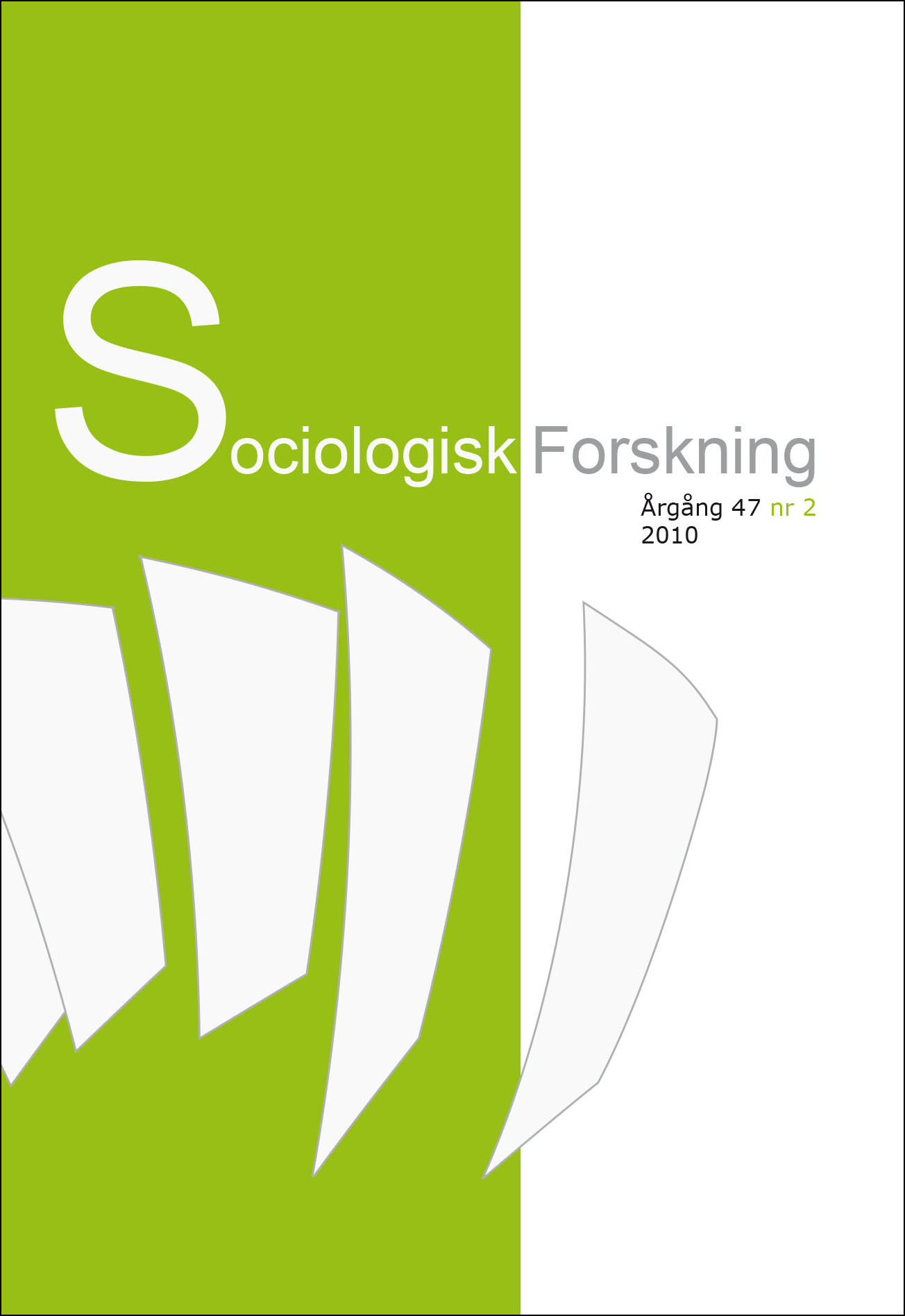Patriarchal values
girls are more apt to change
DOI:
https://doi.org/10.37062/sf.47.18456Keywords:
generation, girls, patriarchal values, IranAbstract
Patriarchal values: girls are more apt to change
How has the family value system changed between generations, especially when taking into account the gender dimension? This article presents some results from a study carried outin 2007 in one village of the Gourani tribe where the people are followers of Ahle Hagh in Islamabad Gharb (west of Iran).
The differences between generations (those born and raised before and after the Islamic Revolution) in patriarchal values in the family are statistically significant. The older generation opts for the man of the family to make most of the decisions; on children’s education, marriage, naming, the families expenditure, the place for residence, the social network of the family and even the number of children. The younger generation has a different value system and it has moved towards a more egalitarian type of family.
With the gender variable included in the findings we see that although the values of the younger male population have evolved toward a less patriarchal decision making structure inthe family, the degree of changes among the young women is much higher.
Looking into the preferences for male sex for the first child as well as a larger number of boys in the family, the difference between generations is significant. However data on the differences analyzed with the gender variable proves that the changes concerning the equality of sexes are mainly due to drastic changes in the young women’s value system. That is, the male population, young or old, still prefer to have a boy as their first born and to have more sons in the family. But the young female generation in the rural area sees less difference in having boys or girls in the family.
It is concluded that reforms in the old value system is an evolving process of everyday life and that the girls are the main social force for change.
Downloads
Published
How to Cite
Issue
Section
License
All content in Sociologisk Forskning is published with immediate open access, under the Creative Commons license CC BY-NC-ND 4.0.
All content may be read, downloaded, shared and printed for non-commercial purposes, free and without fees. Contents may not be altered. When content is reused, author, source and a link to the copyright licence must be provided. The author retains copyright to their content. No publication fees are charged.





